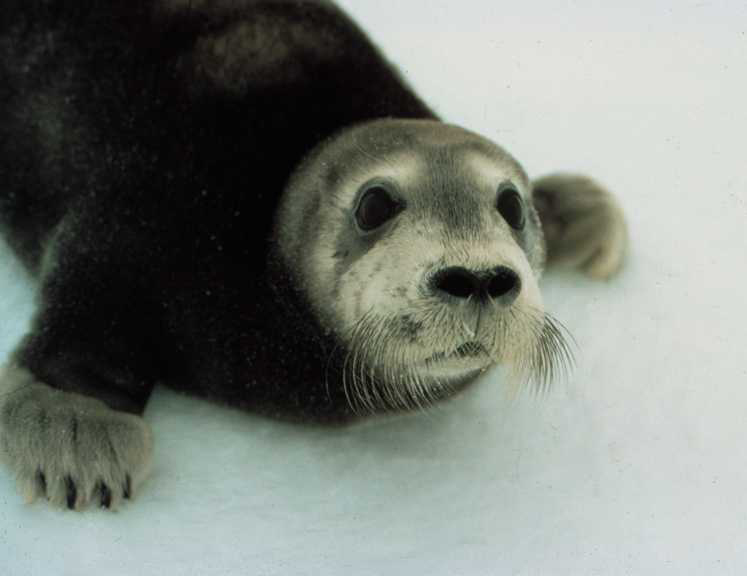
While the federal government was shut down on Monday, the federal courts were still making decisions.
The U.S Supreme Court decided to keep the bearded seal as threatened under the Endangered Species Act — rejecting an oil and gas industry challenge to the animal’s protection status.
The marine mammal was listed in 2012, due to melting sea ice. But the Alaska Oil and Gas Association or AOGA and the American Petroleum Institute thought the listing was premature.
Joshua Kindred, an environmental counselor at AOGA, said he was “disappointed” in the supreme court’s decision.
He said the National Marine Fisheries Service didn’t provide enough evidence to warrant a listing.
“They didn’t ever really show from a scientific point of view why the seasonal sea ice was so critical to their long-term health of the species,” he said.
Kindred said there also wasn’t sufficient guidance for a plan moving forward. He said excessive critical habitat designations can slow oil and gas development.
The Center for Biological Diversity has fought to keep the bearded seal’s protection status.
Kristen Monsell, a senior attorney at the organization, says the Supreme Court’s decision is a step in the right direction. But wildlife in the Arctic is still at stake.
Just two weeks ago, the Trump administration opened up the possibility for offshore drilling.
“I think this decision not only reinforces the reasons why that proposed plan is just an absolutely terrible idea. But also why it shouldn’t move forward from a legal perspective,” she said.
Bearded seals use Arctic sea ice as a platform for feeding and pupping, and scientists say that habitat is diminishing at an “unprecedented” rate.
